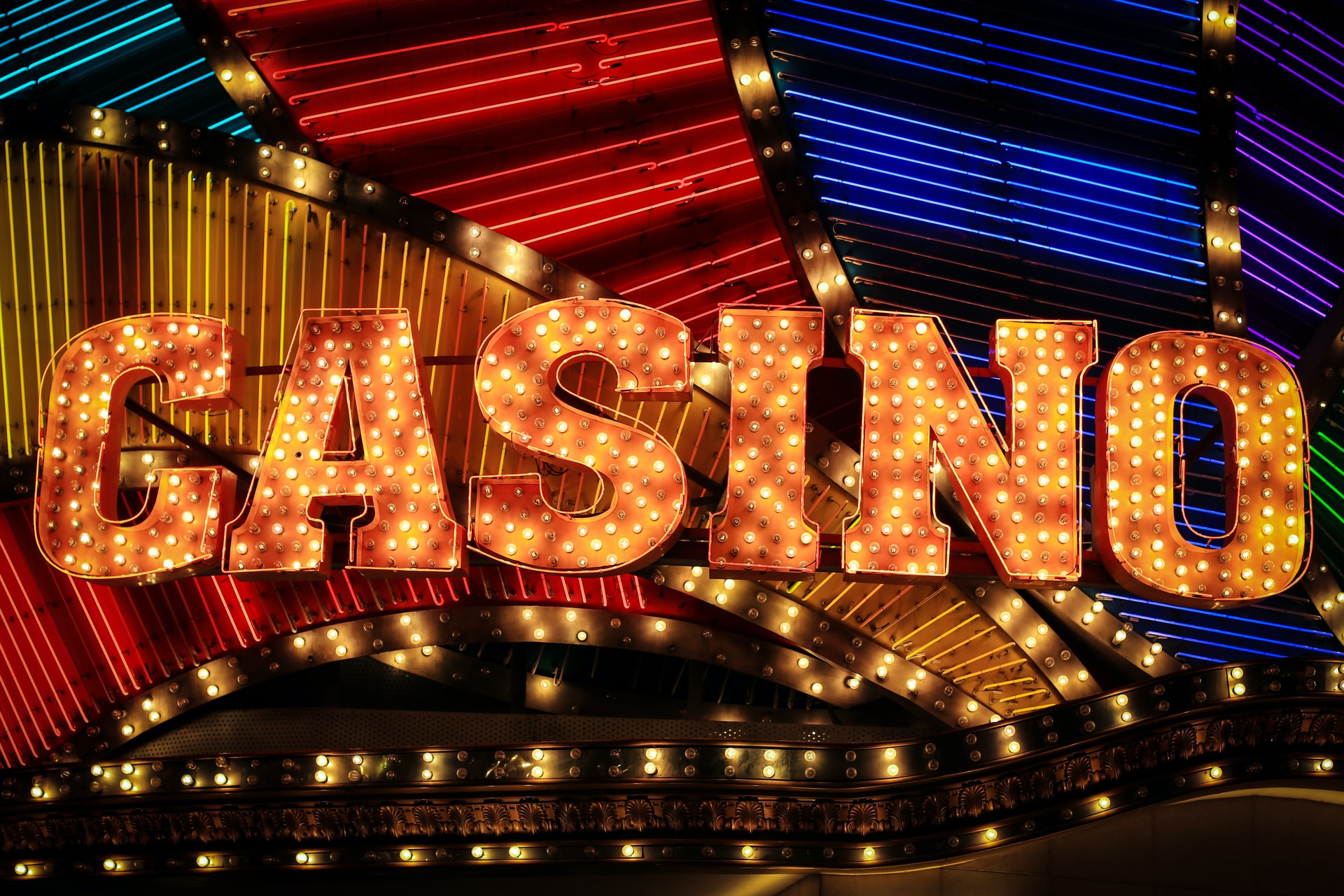
Gambling games have long captured the fascination of humans around the globe, becoming an important part of both leisure and society. From the glimmering lights of the Vegas Strip to the captivating experience of internet gambling, these experiences evoke excitement, risk, and sometimes even a sense of sentimentality. They are beyond just pastimes; they have woven themselves into the texture of society, influencing various aspects from film and music to clothing and writing.
The appeal of casino games goes beyond the betting aspect, tapping into broader themes of luck, risk, and social interaction. As players assemble around a gaming table or spin the wheel of fortune, they engage in an timeless ritual that resonates with our collective desire for adventure and unpredictability. This captivation has led to the rise of numerous references in movies, songs, and electronic games, showcasing how deeply entrenched these pastimes are in pop culture. Whether it is the intense drama of a traditional caper or the lively nightlife portrayed in music videos, casino games have created a substantial role that reflects our bond with reward. UK betting sites not on GamStop
Historical Impact of Casino Games
Casino activities have played a crucial role in social aspects throughout the ages. Originating from ancient societies, forms of chance were often linked to ceremonies or gatherings. For instance, early forms of these activities can be linked back to ancient Chinese and the Romans, where die games and betting on outcomes were common pastimes. These activities not only functioned as leisure but also as means of social interaction, facilitating relationships among individuals within communities.
As societies evolved, so did the sophistication and structure of gambling games. The establishment of formal casinos in the 17th century, particularly in Italy, marked a notable shift in how games were perceived and structured. With designated spaces for gambling, the casino became a community center where people from various backgrounds gathered. This evolution contributed to the validation of the industry, transforming it from a mere pastime into an established industry that shaped economy and regulations.
The effect of casino games on mainstream culture cannot be overlooked. As they were popularized in literature and film, games such as poker and 21 became symbols of chance, luck, and strategy. Iconic figures and stories have emerged around these activities, reflecting societal views towards fortune, wealth, and immorality. This interest with casino activities has infiltrated various forms of entertainment, solidifying their place in the collective consciousness and connecting them to broader cultural stories throughout the ages.
Representation of Gambling Activities in Entertainment
Casino games have long been a popular subject in different types of entertainment, reflecting both the excitement and nuances of the world of gambling. Movies such as Ocean’s 11 and Casino Royale portray characters who navigate high-stakes environments, showcasing not only the appeal of the gambling environment but also the methods and choices that come with playing popular games like poker and blackjack. These movies often dramatize the thrill of winning and the potential consequences of losing, encapsulating the risks involved in gambling.
TV programs have also explored the universe of gambling activities, often integrating them into the storyline as a backdrop for character development and drama. Series like Vegas depict the stories of casino workers and patrons, highlighting the vibrant, often disorderly energy of the casino floor. Reality shows featuring high-stakes betting contests further emphasize the attraction of casino games, drawing viewers into the drama and tactics involved in each session. Through these depictions, media not only amuses but also prompts conversations about luck, expertise, and the nature of randomness.
Video games have increasingly incorporated gambling activities into their development, allowing players to recreate the experience of betting without monetary loss. Games within the landscape of digital gaming often include online slot machines, poker, and other popular casino games, creating an engaging environment that mirrors traditional gambling. These digital representations make gambling activities accessible to a broad demographic, appealing to both gamblers and those who enjoy the excitement of simulation. As a consequence, the portrayal of gambling activities in media continues to shape societal views and importance, highlighting their function in entertainment and culture.
Effect of Gambling Activities on Society
Gambling activities have a meaningful effect on society, influencing multiple facets of culture and interpersonal behavior. They often serve as a venue for social interaction, where people gather to experience a common experience. Casino trips with friends or trips to casinos become group events that build connections and create memories. This collective aspect enhances the entertainment value of gambling activities, making them a popular choice for celebrations and leisure activities.
Additionally, casino games have been depicted in numerous films, television shows, and literature, influencing perceptions and opinions towards gambling and gaming. Icons like James Bond playing baccarat or the high-stakes poker scenes in films have cemented these games in the collective imagination. This depiction often glamorizes the culture associated with gambling, attracting new players and influencing trends in both fashion and behavior. These representations can spark curiosity and lead to a more profound investigation of the nuances of gambling.
However, there are also negative consequences associated with the popularity of gambling activities. The allure of quick monetary gain can lead to problem gambling and economic troubles for some people. The community must contend with these issues, advocating for responsible gambling and awareness of the risks involved. Balancing the entertainment value of gambling activities with the potential for harm is vital to ensure that they continue to be a beneficial aspect of our societal fabric.